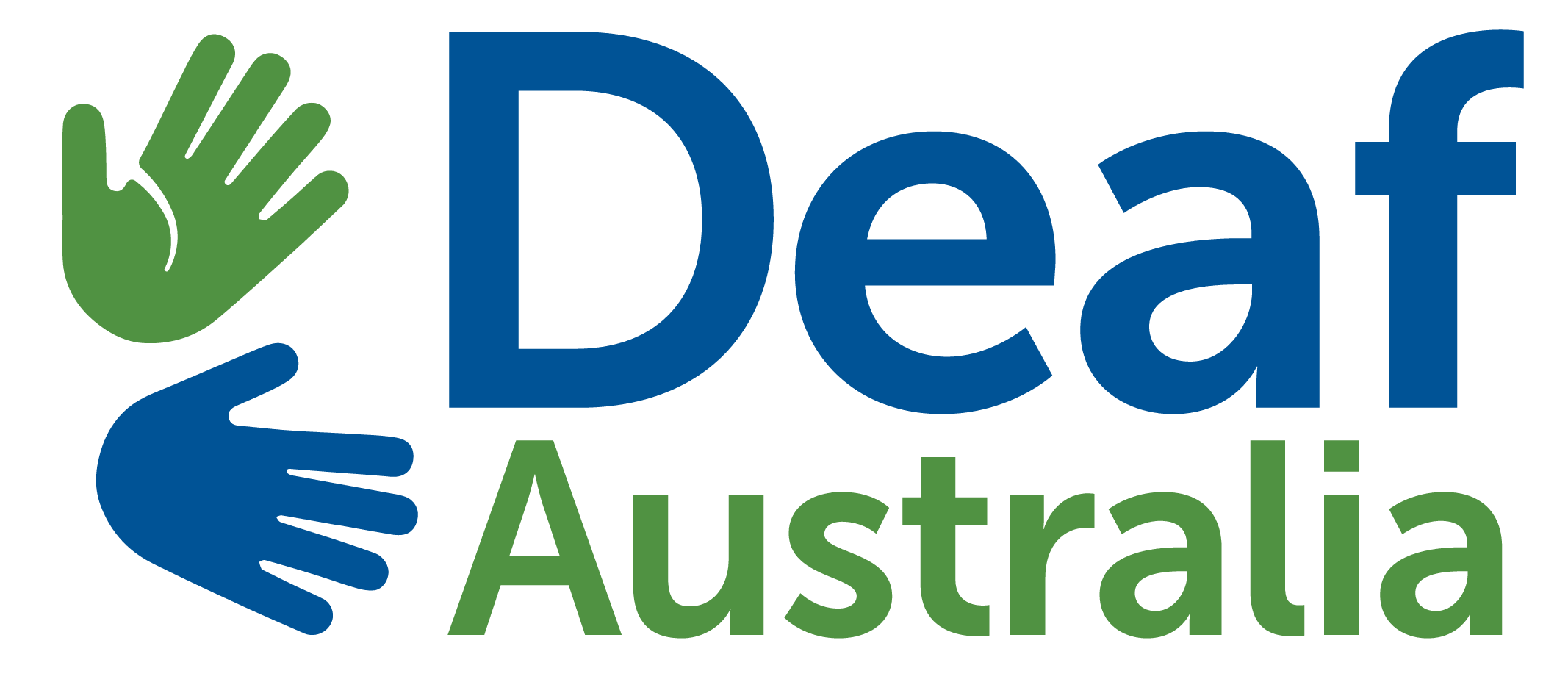No products in the cart.
Transcript
Thomas Oriti 0:03
We're all familiar with the faces of Auslan interpreters at press conferences given the need for important public health messages during the pandemic. Now more than ever, it's crucial that information is accessible to everyone but Deaf Australia is calling on the Prime Minister to be more consistent with providing an interpreter for the Deaf community and his public conferences. ABC News Radio contacted the Prime Minister's office about the issue. They said Mr. Morrison makes every effort to ensure an Auslan interpreter is present in press conferences where urgent communication is needed. And it's unfortunately not always possible due to limited notice or availability. Well, Jen Blyth is the CEO of Deaf Australia, and she joins me earlier with an Auslan interpreter of her own.
Jennifer Blyth 0:49
We're asking for the Prime Minister and the oppositional parties to also provide interpreters, sign language interpreters, for all media press conferences, for all times, if any information is important enough for the wider community to hear and access, it's important enough for the Deaf community to also have access to.
Thomas Oriti 1:10
The Prime Minister's Office says it makes every effort to ensure a certified Auslan interpreter is present. But at this stage of the pandemic, it says critical health informations often communicated at a state or territory level. Can you tell me more about why it's important to you, though, that political press conferences, particularly the Prime Minister's are always accessible.
Jennifer Blyth 1:34
If you are talking about things, as you would know, like recently, there was the women's summit that relates to all women, including Deaf women, as well, that's really important information for us to learn about. It shouldn't only have access provided in emergency situations, we need to be able to take information on that it's important and relevant to us the same way that non-deaf people can act. And that the same goes for First Nations people. And also with the crisis about what's happening in Afghanistan with the refugees, we should also have access to that information as well, the same as the wider community so we can make our informed decisions. And in relation to COVID. I do understand that state based Premiers do have their own press conferences. But if we look back at a national level, what about the information about vaccines to be shared and shared evenly across the federation? The Prime Minister is the head of our state, and he is making decisions for us as a wider population. And we have the right to access to know what is being said. Otherwise, it becomes selective inclusion.
Thomas Oriti 2:39
Have you been in contact with the Prime Minister's office about this yet?
Jennifer Blyth 2:44
We have sent a letter to the Prime Minister's but we haven't had a response.
Thomas Oriti 2:48
Is this just an issue on a federal level for you or is it your view that other politicians and health authorities at such a critical time also need to act?
Jennifer Blyth 3:00
I believe that all across the country at the national, federal and state level, the governments do need to provide access. They're our representation. How can Deaf people make a decision on who they vote for? How can we also practice our citizenship? How can we do that? If we don't have access information at a political level, especially when this information is in relation to health and health distance, the Department of Health at a federal level? They have provided interpreters and Deaf interpreters, which is even better, it is a fantastic standard of access that they're showing. But the Prime Minister's department hasn't.
Thomas Oriti 3:40
The Prime Minister's Office told us they've ensured an interpreter is present when giving urgent information to the public. But they've said that sometimes they'd be unavailable due to short notice. Is that a reasonable excuse when it comes to reaching and organising interpreters and do they need to be more readily available?
Jennifer Blyth 4:01
I am aware that the Deaf Services are able to procure an interpreter at any time because they do see this as a national critical issue to make sure the information is accessible for Deaf people across Australia. So I know that they can ensure an interpreter can be present regardless of short notice. They do also have technology in place to make sure that happens. There are people prepared out there to make sure interpreters can be there at short notice.
Thomas Oriti 4:27
Are you confident at the moment that people in Australia who are Deaf and hard of hearing are getting the public health information they need and on a timely basis.
Jennifer Blyth 4:38
I don't think that Deaf, Deafblind or hard of hearing people in Australia are getting timely, accurate information at the same time as the wider population. And I wanted to add one thing: live captions have a really high error rate. And people laugh about the little mistakes that come up in captions and also the nuances is getting lost in the English language when it is put into captions. It's important. Working with interpreters they're able to interpret for a meaning based translation. It's not English on the hand as interpreters are making sure that the meaning of the message that's being said in English is being conveyed in a culturally appropriate and linguistically appropriate way for the wider community to understand and that really conveys the emphasis and the severity and the true meaning of the message.
Thomas Oriti 5:32
So it's Jen Blyth, the CEO of Deaf Australia joining me there earlier with an Auslan interpreter of her own.
Transcribed by https://otter.ai

